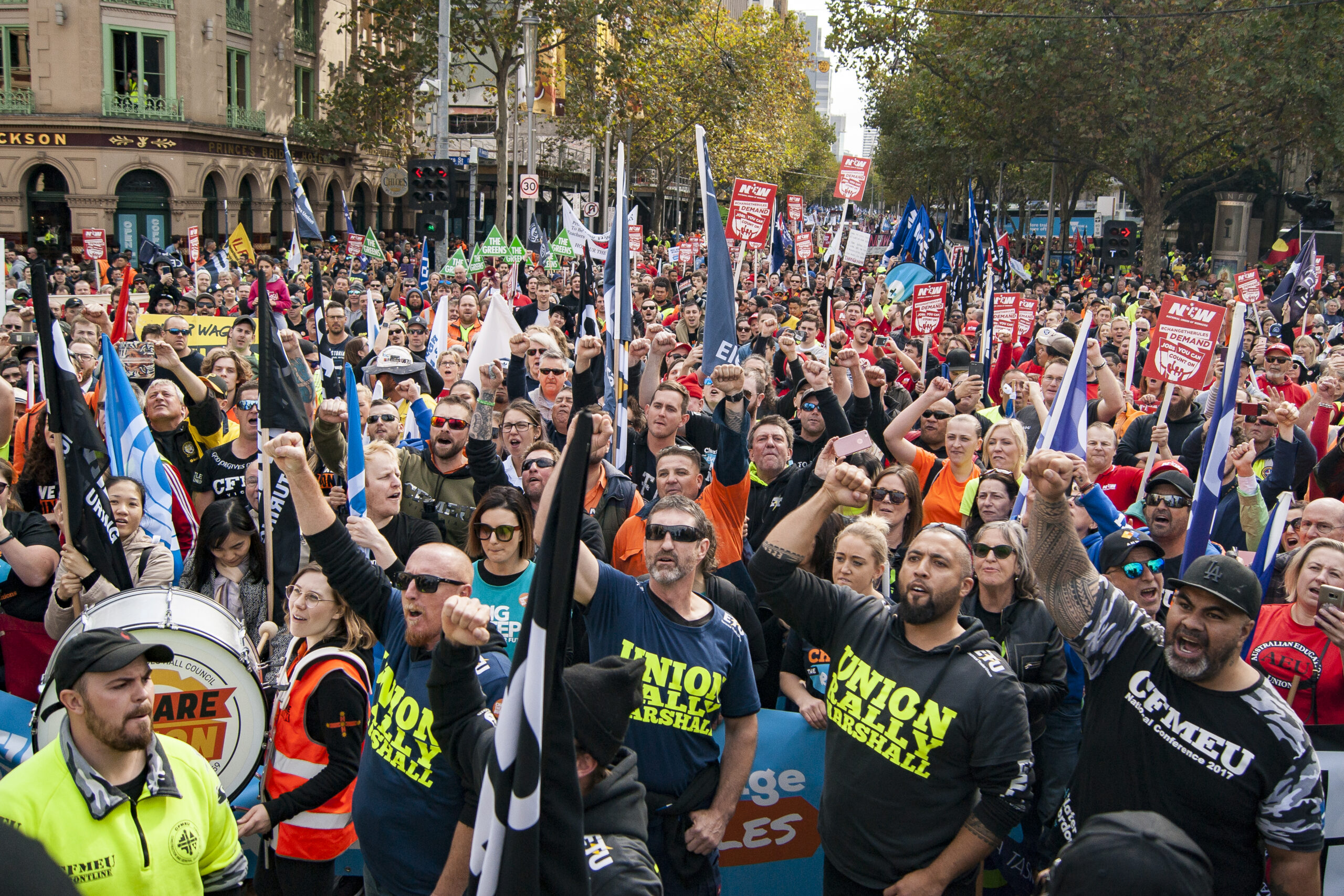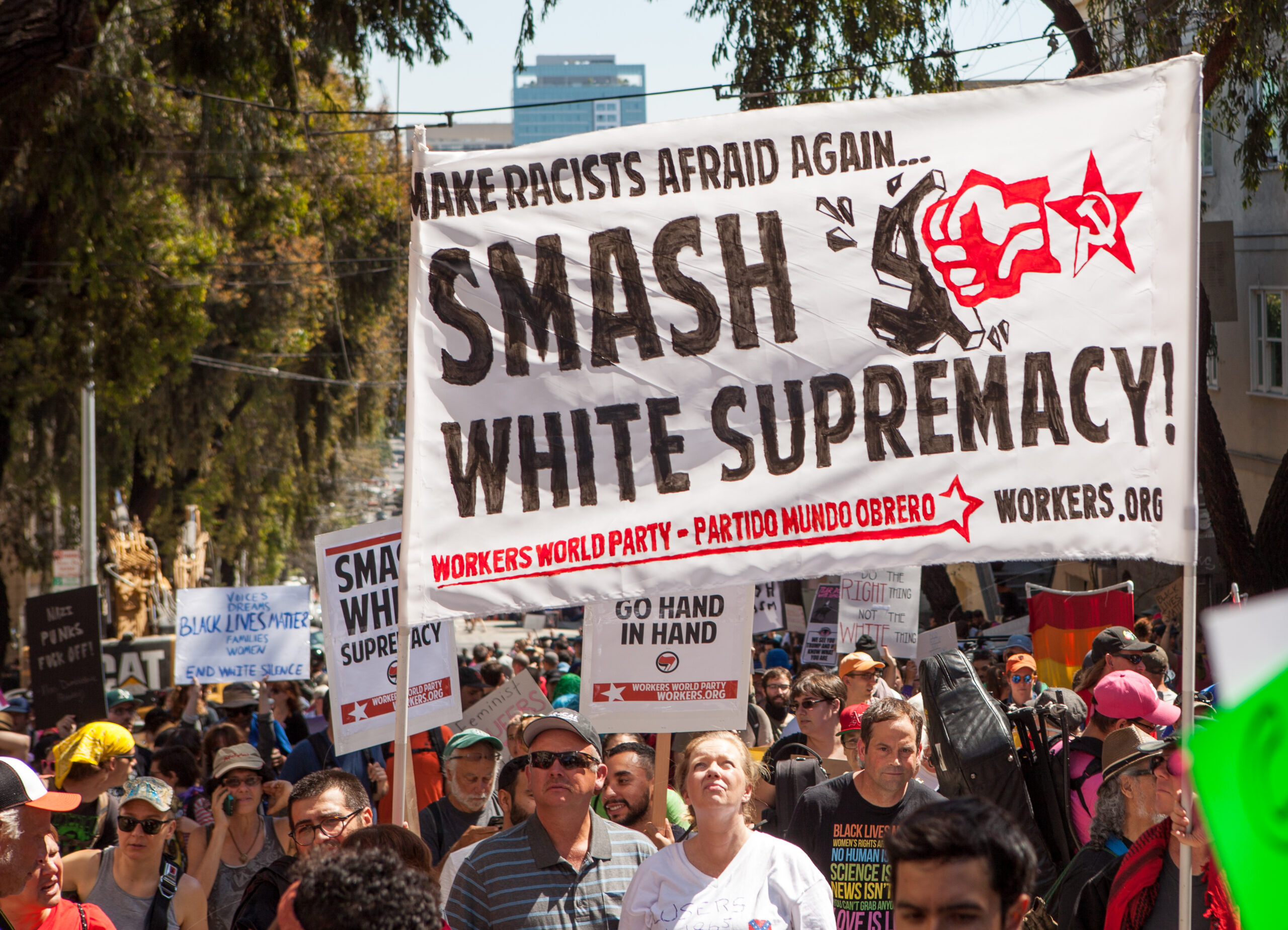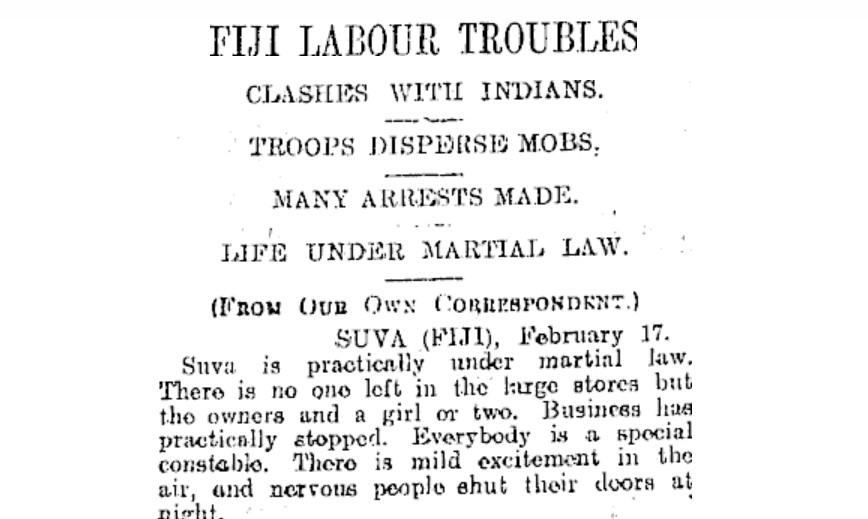While the socialist project involves transforming our economy into one that serves human need rather than profit, socialism is not just about “economics” in a narrow sense. Socialists want a liberated society where people can flourish. At the heart of the socialist project is a fight against oppression and a recognition that, while all workers are oppressed, oppression doesn’t look the same for everyone. Racism, sexism, homophobia and transphobia (among other oppressions) are deeply enmeshed with class oppression, and heap additional hardship on certain groups. The socialist understanding of oppression is underpinned by two important observations. One is that capitalism generates and sustains oppression, and the other is that, in our struggle against capitalism, socialists need to take up the cause of liberation for all those suffering under oppression; to be, as Russian revolutionary Lenin put it, a “tribune of the oppressed.”
When we say that capitalism generates oppression, this is not to say that non-capitalist societies can’t be oppressive. Diverse societies have had their own forms of social hierarchy that oppressed certain groups; the important point is that these oppressions aren’t eternal and unchanging, and oppressing one another isn’t an inevitable part of human nature. Our social relations change as the structures of our society change. Racism is an example of the kinds of oppression that capitalism has helped to create and sustain. Colonialism and the slave trade were an important part of the birth of capitalism. Cruel and exploitative ideologies developed together with cruel and exploitative practices. Prejudice may have existed prior to capitalism but capitalism turned it, quite literally, into a science. The very scientific minds driving technological advance to feed the capitalist system set about devising elaborate scientific justifications for the abuse and exploitation of certain groups.
The material and ideological consequences of this persist. It remains profitable for the capitalists to maintain an underclass of marginalised and hyper-exploitable people. Those who seek to maintain the status quo perpetuate the idea that an unequal position for racialised groups is natural or justified, and to use divide and rule tactics to stop workers from standing in solidarity with each other. Even if they do not use explicit race science to push these views, there are a variety of other lies they can employ to obscure the truth: that some groups in our society are not only suffering from the injustices and thefts of the past, but are being deliberately kept down and degraded by the practices of today, such as discriminatory employment practices, migration policies, policing and mass incarceration. Imperialist wars are also a powerful driver of racism today. It takes sustained effort on the part of war-mongers to keep up the idea that an “enemy” is sub-human enough that it is okay to invade their country and murder them in the tens of thousands.
Given the entrenched nature of oppression under capitalism, it is not enough to elevate individuals from certain oppressed groups into positions of power, nor is it enough to focus on relieving individual bias when oppression has such deep collective roots and, on the part of the ruling class, is often being deployed deliberately. By the same token, it is not enough for socialists to advocate for “workers’ rights” in a narrow sense. Socialists need to combat all forms of oppression, so in any given struggle “workers’ rights” might mean fair pay and working conditions, or it might mean bodily autonomy, reproductive freedom, freedom from discrimination, freedom of movement, freedom from war, or protection of indigenous language and culture.
To create a liberated society, workers need to uproot the capitalist system that sustains oppression. To unite for this fight, workers must overcome the oppressions that weigh us down and divide us. This means fighting both the structural forces keeping oppressed groups down and the ideological baggage that comes with it. This is a heavy task, but for all the horrors of racism, sexism, transphobia and other oppression, the history of our movement also shows inspiring moments of solidarity where workers have truly embodied that idea that an injury to one is an injury to all, that we are not free until we are all free.
Banner image: “NO GANG PATCHES” by Stuartyeates is licensed under CC BY-SA 3.0
The coalition government’s ban on gang patches is yet another pretext for racist harassment of Māori.









